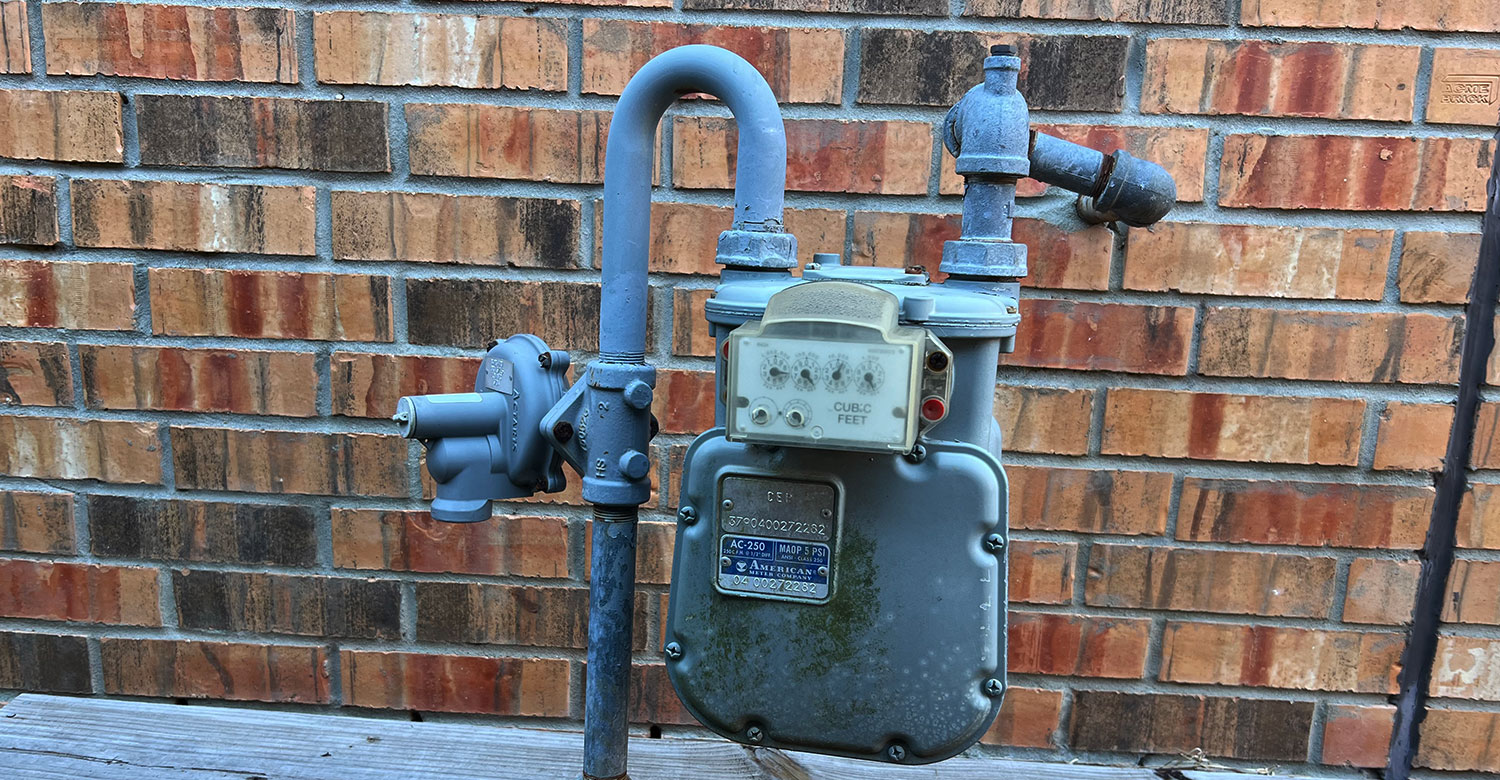In the realm of home maintenance, certain tasks are visibly noticeable and command our immediate attention. However, some of the most crucial aspects of ensuring a safe and functional living environment are those we seldom see. Among these, the maintenance of residential gas lines stands out as a paramount concern, not just for the efficiency of our homes but, more importantly, for the safety of our families.
Understanding the Risks
Gas lines, integral to supplying the fuel that powers our stoves, heaters, and sometimes even our dryers, are the lifelines of modern convenience and comfort. Yet, when neglected, they pose significant risks. Gas leaks, the primary danger associated with poorly maintained gas lines, can lead to catastrophic outcomes, including explosions, fires, and exposure to harmful gases.
A study by the National Fire Protection Association (NFPA) underscores the severity of this issue, revealing that gas leaks and faulty gas lines are leading causes of non-fire-related carbon monoxide incidents in residential properties. This invisible, odorless gas can accumulate to lethal levels without warning, emphasizing the silent but deadly nature of gas-related hazards.
The Importance of Regular Maintenance
Regular maintenance of residential gas lines is not just a recommendation; it’s a necessity. Here are several reasons why:
1. Leak Prevention:
Routine inspections can identify potential leaks or weaknesses in the gas line system before they escalate into more serious problems. Early detection is key to preventing gas exposure and the associated health risks.
2. System Efficiency:
Well-maintained gas lines ensure that your home’s heating and cooking systems operate at peak efficiency. This not only contributes to a more comfortable living environment but can also result in significant savings on energy bills.
3. Longevity of Appliances:
Appliances that run on gas, such as stoves and heaters, last longer and perform better when they receive a consistent, unimpeded supply of gas. Regular gas line maintenance ensures that these appliances aren’t subjected to the stresses caused by fluctuating gas pressures or impurities in the gas.
4. Peace of Mind:
Knowing that your home’s gas lines are in good condition provides a sense of security, allowing you and your family to enjoy the comforts of home without the looming worry of gas-related dangers.
Recognizing the Signs of Trouble
Awareness is the first step toward prevention. Homeowners should be vigilant for signs of potential gas line issues, including:
- Unusual Smelling: While natural gas is odorless, a sulfur-like odor (similar to rotten eggs) is added to alert individuals to leaks.
- Hissing Sounds: A hissing or whistling sound near gas lines could indicate a gas leak.
- Dead Vegetation: Plants dying without a clear reason could be a sign of a gas leak in the outdoor gas lines.
- Physical Symptoms: Exposure to gas leaks can cause physical symptoms such as dizziness, nausea, and headaches.
If you notice any of these signs, it’s crucial to act immediately by evacuating the area and contacting emergency services or your gas provider.
Professional Maintenance: A Non-Negotiable
While some home maintenance tasks can be safely undertaken by the homeowner, gas line maintenance is not one of them. It requires the expertise of a certified professional who can safely inspect, repair, or replace gas lines. These professionals have the tools and training to detect issues that are not apparent to the untrained eye, ensuring that your home remains safe and your gas system operates efficiently.
Conclusion
The maintenance of residential gas lines is a critical aspect of home safety that should never be overlooked. The dangers associated with neglected gas lines are severe, but with regular professional inspections and maintenance, they are entirely preventable. As homeowners, our vigilance and commitment to maintaining our gas lines can protect our families from the unseen dangers that lurk within our homes.
For further reading on the importance of gas line maintenance and the risks associated with neglect, refer to the comprehensive study by the National Fire Protection Association (NFPA) on residential gas safety. This resource provides valuable insights and underscores the critical nature of this often-overlooked aspect of home maintenance.
By prioritizing the maintenance of our gas lines, we not only ensure the efficient operation of our home appliances but, more importantly, safeguard the well-being of our loved ones. Let’s commit to regular gas line maintenance and ensure our homes remain a safe haven for all who dwell within.
Note: This blog post is intended for informational purposes only and does not substitute for professional advice. Always consult with a certified professional for gas line inspections and maintenance.


